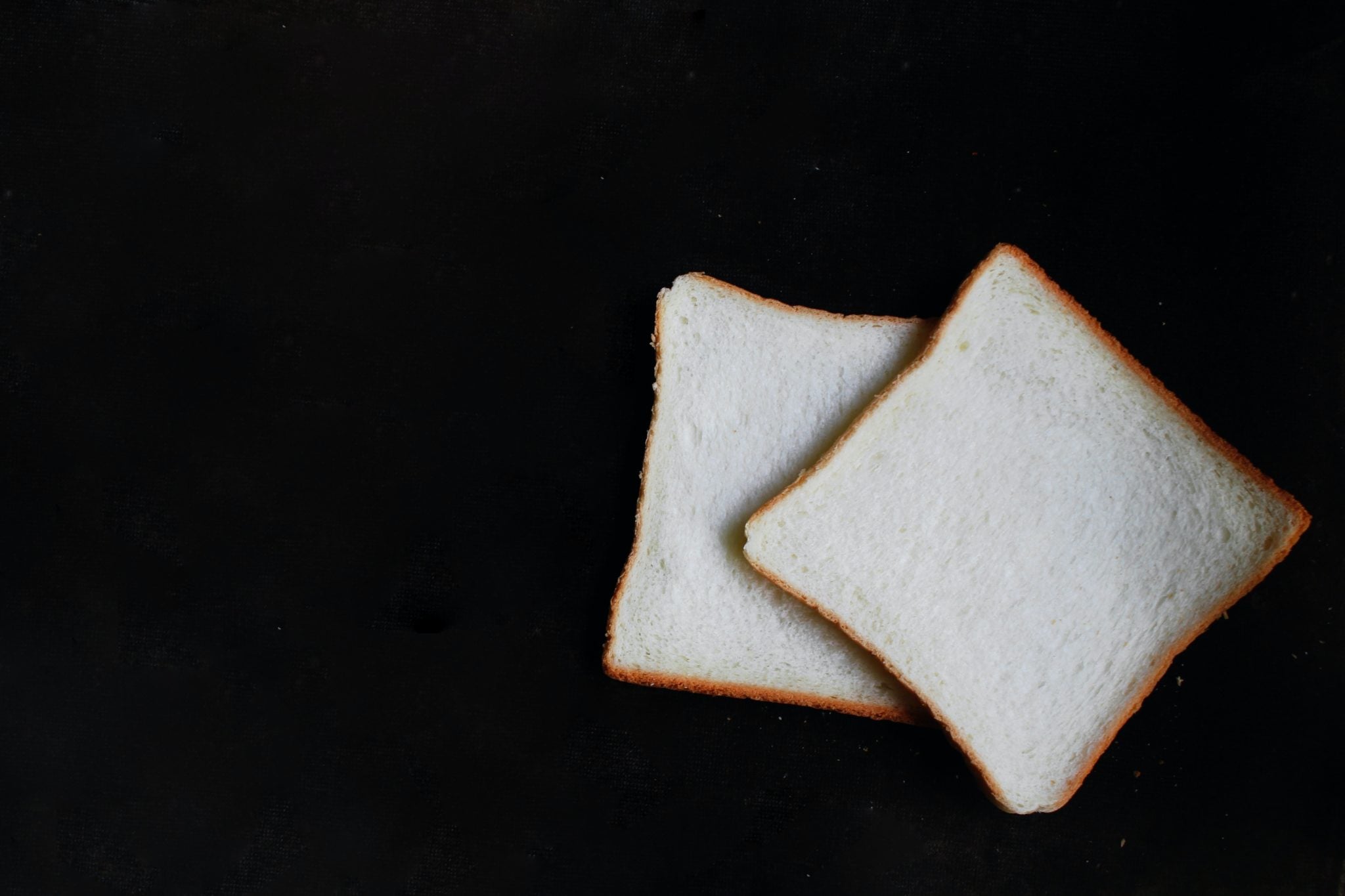White Carbs vs Complex Carbs
If you’re a keto dieter, you probably already know about white carbs and complex carbs, or maybe you don’t need to know since you don’t mess around with the carb crew. But if you’re interested, or if you’re a fellow carb-enthusiast like us, this is the post for you.
CARBOHYDRATES 101
Carbs are a great source of energy and can be really healthy, if not imperative (there are carbs in vegetables and fruit!). They are especially important because they supply your body with dietary fibre which helps to keep you regular and provide all sorts of health benefits. But not all carbs are equal, and that’s where we see different terms like ‘white carbs’, ‘refined carbs’, ‘complex carbs’, ‘starchy carbs’, and so on.
Carbs can be made up of fibre, starches, or sugars. The fibre usually comes from fruits, vegetables, and wholegrain. The starches come from grains, legumes, and vegetables. And the sugars come from fruit, milk and milk products (the sugar in milk is called lactose), and processed foods like soft drink, chocolate, etc.
The term ‘processed’ means that the carbohydrate has been through a process to refine it, and this can be done through several methods, i.e.
- Removal of the bran from around a grain followed by grinding the grain to make flour.
- Extraction of the sucrose from sugar cane to make table sugar.
- Crushing and blending fruit, then removing the water to make concentrated fruit juice (or fruit juice concentrate).
Refined or White Carbs
Wheat - In its natural, wholegrain form, wheat is high in vitamin E, vitamin B groups, iron, and selenium. Yet after it has been processed and refined into white flour, the nutrients are stripped. Foods containing refined white flour such as white bread, white pasta and so on, actually raises the risk of heart disease because it increases triglycerides (the main form of fat stored in the body) and lowers HDL (high-density lipoprotein) cholesterol which your body needs to flush bad cholesterol (low-density lipoprotein or LDL) out.
Rice and Potatoes - Brown rice is milled and polished to create white rice which allows it to cook quicker and create a softer texture. When this processing occurs, however, most of the B vitamins, iron, and fibre is removed. While white potatoes do contain some nutrients such as potassium and vitamin C, they also have a higher glycemic index, which means that they will be very quickly broken down into sugar in your bloodstream, leading to weight gain and risk of heart problems.
To read our post on refined sugar versus natural sugar, click here.
It’s easy to replace refined carbohydrates with complex carbohydrates - all you need to remember is:
- ‘Good’ carbohydrates (complex carbs) have a high fibre content and are digested slowly. Examples of this include wholemeal/wholegrain bread and pasta, beans, vegetables, and fruit.
- ‘Bad’ carbohydrates (refined or white carbs) are rapidly digested and contain minimal fibre and nutrients. Examples of these include white bread, white potatoes, white rice, generic baked goods, and processed sugary foods.
With the knowledge that refined carbs such as white bread, white pasta, white rice, white potatoes and so on can be detrimental to our health, Nourish’d meals are proudly white-carb free! Did you know that we use noodles made out of sweet potato for our pasta and noodle dishes, cauliflower rice for our rice dishes, and sweet potato or cauliflower for our mashes? Give them a try by clicking here!
For more information - Resources
- https://my.clevelandclinic.org/health/articles/15416-carbohydrates
- https://healthyeating.sfgate.com/white-carbohydrates-8872.html
- https://www.medicalnewstoday.com/articles/refined-carbs#examples-of-refined-carbs
- https://www.ncbi.nlm.nih.gov/books/NBK459280/



